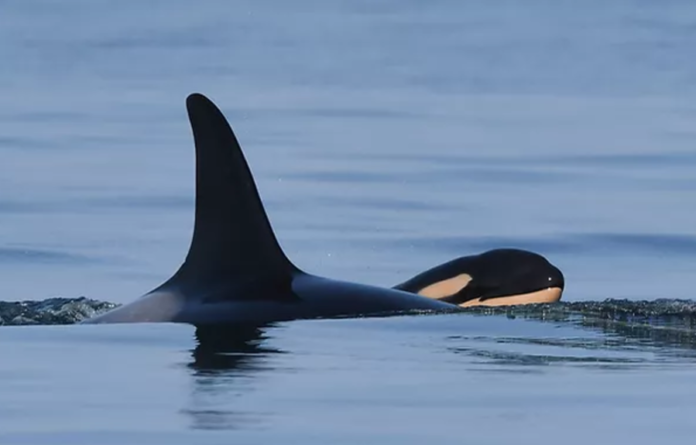A Southern Resident killer whale that made international headlines with a tragic story of loss in 2018 has become a sign of new hope in 2020.
Whale J35, nicknamed Tahlequah by researchers, sent waves of sympathy and grief around the world when she carried her dead calf on her head for over 1,000 miles around the Salish Sea across 17 days.
The heartbreaking journey was called a “tour of grief” by scientists who said that the period of mourning was unusually long and endangered Tahlequah’s weight and well-being.
This Saturday, however, the now-healthy whale made international headlines once again, as the American Centre for Whale Research announced that Tahlequah has given birth to a new, healthy baby.
In a release posted to the website for the Washington-state based organization, researchers said the newborn was “healthy and precocious, swimming vigorously alongside its mother in its second day of free-swimming life.”
It has been designated as J57 as the newest member of the pod of whales grouped by researchers as J pod.
They have estimated its birth date as September 4, 2020, based on its now-upright dorsal fin which takes a day or two straighten after being bent over in the womb.
With the addition of the calf to Tahlequah’s J pod the Centre for Whale Research says that the population of Southern Resident killer whales is 73.
“We hope this calf is a success story,” the Centre said.
However, they also cautioned the public that due to nutritional stress on whale populations, young calves experience a 40 per cent mortality rate.
Resident killer whales have been designated as an endangered species by both the United States and Canada.
The Centre for Whale Research says they face threats from reduced Chinook salmon populations, toxins in the ocean, and increased ship traffic.


